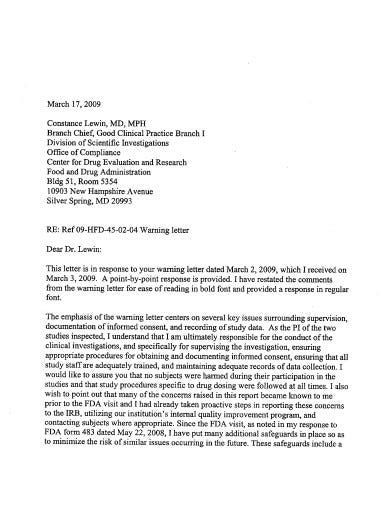Responding To A Warning At Work: Your Next Steps

Receiving a warning at work can be a stressful and intimidating experience, but it’s important to handle it properly in order to protect your job and reputation. In this article, we’ll guide you through the steps you should take after receiving a warning and provide useful tips for responding to the situation.
1. Understand the Warning
The first step is to carefully read the warning and understand what it entails. Is it a verbal or written warning? What is the reason for the warning? What are the consequences if the behavior continues? By understanding the warning, you can determine the severity of the situation and take appropriate action.
1.1 Verbal Warning
A verbal warning is a less formal type of warning that is usually given by a supervisor or manager during a conversation. It may include the reason for the warning, the behavior that needs to be corrected, and the consequences if the behavior continues. It’s important to take a verbal warning seriously and address the issue as soon as possible.
1.2 Written Warning
A written warning is a more formal type of warning that is usually documented in writing and signed by both the employee and the manager. It includes the reason for the warning, the behavior that needs to be corrected, and the consequences if the behavior continues. A written warning is a serious matter and may impact your employment status, so it’s important to respond appropriately.
2. Respond to the Warning
Once you understand the warning, the next step is to respond to it. Depending on the type of warning and the severity of the situation, you may need to take different actions.
2.1 Apologize
If the warning is related to behavior or performance, apologize for your actions and take responsibility for your mistakes. This can show that you are willing to learn from your mistakes and take steps to improve your performance.
2.2 Clarify the Situation
If you feel that the warning is unjustified or based on a misunderstanding, clarify the situation with your manager or supervisor. This can help to clear up any confusion and ensure that everyone is on the same page.
2.3 Take Action
If the warning is related to behavior or performance, take action to improve your performance and correct the behavior. This can include attending training sessions, seeking feedback from your manager or colleagues, or taking other steps to improve your skills or knowledge.
3. Follow Up
After responding to the warning, it’s important to follow up with your manager or supervisor to ensure that the situation has been resolved. This can include setting up a meeting to discuss your progress, providing regular updates on your performance, or taking other steps to demonstrate your commitment to improving.
4. Seek Additional Support
If you are struggling to respond to the warning or feel that you need additional support, don’t hesitate to reach out to your HR department or a trusted colleague for help. They may be able to provide guidance or support to help you navigate the situation.
5. Conclusion
Receiving a warning at work can be a difficult experience, but it’s important to respond to it in a professional and effective manner. By understanding the warning, responding appropriately, following up, and seeking additional support if needed, you can protect your job and reputation and improve your performance.
FAQs
Q: What should I do if I disagree with the warning?
A: If you disagree with the warning, clarify the situation with your manager or supervisor and provide any evidence or explanations that support your position. If you are still unable to resolve the issue, you may need to escalate the situation to your HR department or seek legal advice.
Q: Can I be fired after receiving a warning?
A: Depending on the severity of the situation and your employment contract, receiving a warning may lead to termination of your employment. It’s important to take the warning seriously and take appropriate action to avoid further disciplinary action.
Q: How can I prevent receiving a warning in the future?
A: To prevent receiving a warning in the future, make sure to understand your job responsibilities and performance expectations, seek feedback from your manager or colleagues, and take steps to improve your skills and knowledge. Additionally, make sure to follow company policies and procedures and communicate effectively with your team.
